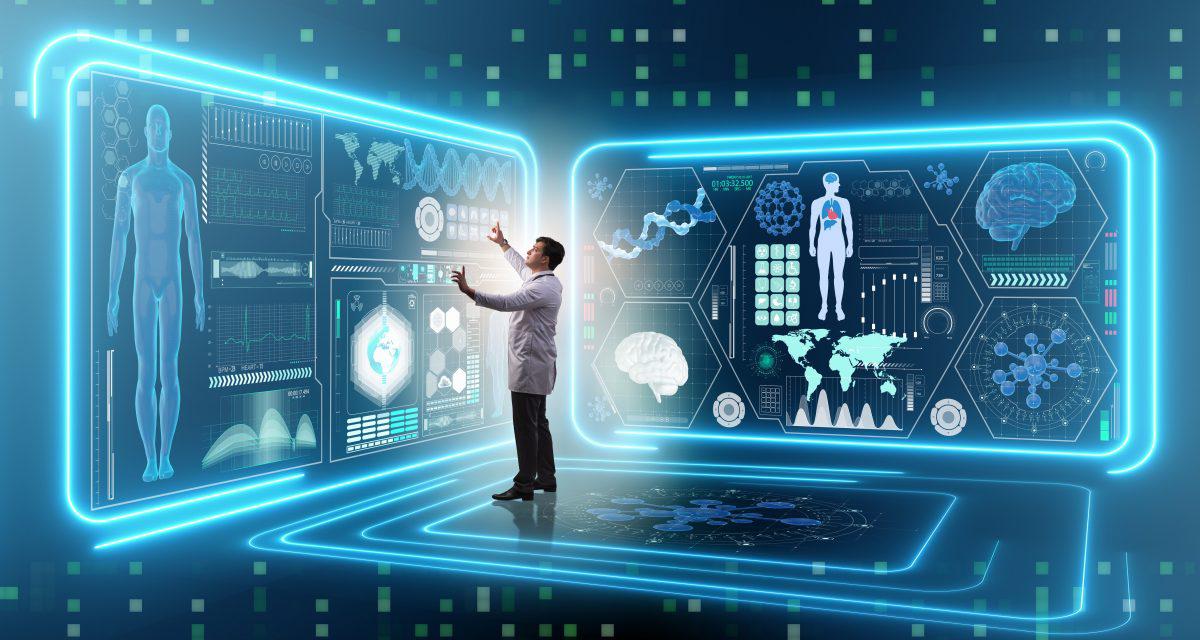IBM has as of late declared an organization with a main medical services supplier to foster computer-based intelligence-controlled symptomatic devices. This joint effort expects to use the force of man-made consciousness to work on the exactness and speed of clinical determinations, and eventually, improve patient results.
The partnership will see IBM’s Watson Health division working alongside one of the largest healthcare providers in the world, to develop new AI algorithms and models for diagnosing a range of medical conditions. By leveraging IBM’s expertise in AI and machine learning, the healthcare provider hopes to improve the accuracy and speed of its diagnostic services, and ultimately, provide better patient care.
Computer-based intelligence-fueled analytic instruments can possibly upset the field of medication, taking into account quicker and more exact analyses, and eventually, working on tolerant results. IBM’s Watson Health division has already made significant strides in this field, developing a range of AI-powered diagnostic tools that are currently being used by healthcare providers around the world.
The partnership between IBM and the healthcare provider will focus on developing new AI algorithms and models for diagnosing a range of medical conditions. The objective is to work on the precision and speed of conclusion, empowering medical services experts to go with additional educated choices and give better persistent consideration.
One area where AI-powered diagnostic tools have already shown promise is in the field of radiology. AI algorithms can analyze medical images such as X-rays and MRIs, and identify abnormalities that may be missed by human radiologists. By using AI-powered diagnostic tools, healthcare providers can potentially detect medical conditions earlier, leading to better patient outcomes.
As well as working on the precision and speed of conclusion, man-made intelligence controlled demonstrative devices likewise can possibly diminish medical care costs. Via mechanizing specific parts of the symptomatic cycle, medical services suppliers might possibly decrease the requirement for costly clinical trials and systems, eventually diminishing the general expense of medical care.
Generally speaking, the organization among IBM and the medical care supplier is a critical forward-moving step in the field of artificial intelligence controlled diagnostics. By utilizing the force of man-made consciousness, medical services suppliers might possibly give quicker and more exact conclusions, at last working on understanding results and lessening medical services costs. As man-made intelligence keeps on propelling, almost certainly, we will see considerably more creative applications in the field of medication, further altering the manner in which we analyse and treat ailments.













